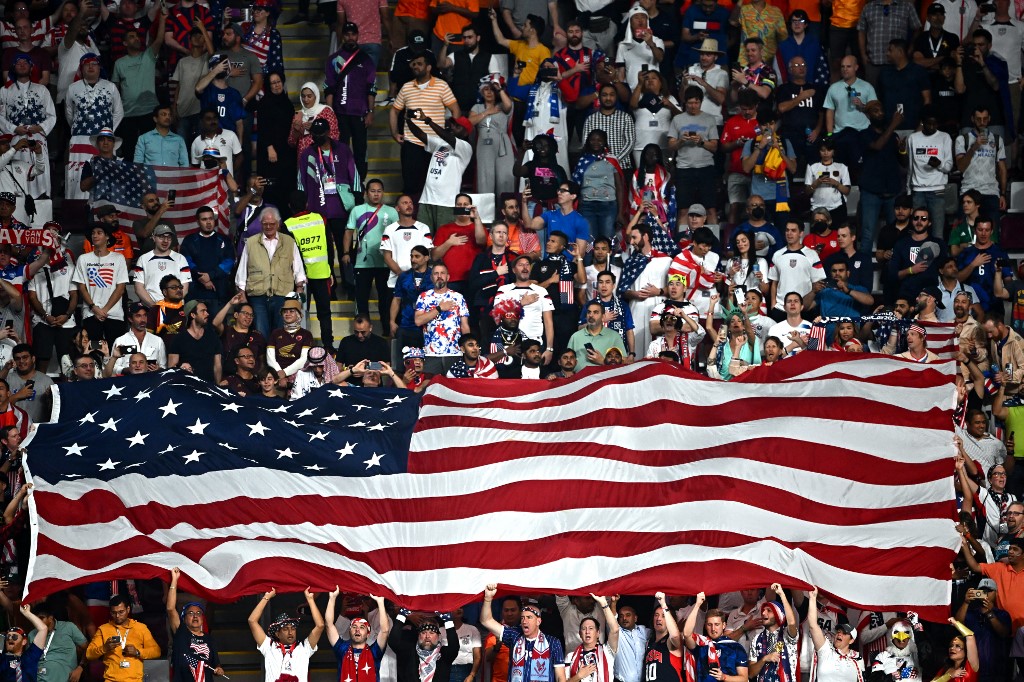National Council of Legislators From Gaming States Continues to Hone iGaming Legislation Blueprint

Legislators, industry insiders, and business executives are collaborating on a comprehensive and straightforward internet gaming legislation model that can be used as a jumping-off point for states that are considering online casino gambling.
Blueprint for Success
Currently, 38 US states, as well as Washington, DC, and Puerto Rico, have either mobile and/or retail sports betting. Missouri will make it 39 states after the Show Me State passed legislation to launch mobile sports betting at some point in 2025. The additional revenue stream for local and state governments that collects millions of dollars annually has incentivized legislators to adopt mobile sports betting, particularly now that it has entered the mainstream.
The Stagnation of Online Casino Gambling
However, online casino gambling has not been embraced nearly as fully as its sports betting cousin despite the fact that its revenues tower above those derived from mobile sports betting. The issue is multifold, but the primary reasons are that legislators believe it is a more addictive form of gambling while land-based casinos remain generally unconvinced it won’t cannibalize their own business, which consists of billion-dollar properties and ancillary revenue generated by retail shops, restaurants, and entertainment venues.
NCLGS Steps In
This has ignited a call to action from the National Council of Legislators From Gaming States (NCLGS), which has spent the last 10 months soliciting opinions from stakeholders throughout the nation and crafting the Model Internet Gaming Act. It is being developed so that legislators can have a blueprint available that will pass muster with their constituents and fellow legislators.
The draft is not complete, but it is being honed to incorporate opinions from fellow lawmakers and industry experts. West Virginia Delegate Shawn Fluharty, the NCLGS President, believes the process is working and the model is being fine-tuned.
“It’s complex for those in the industry that actually know it very well, and it’s super complex for legislators. There’s a major education gap. I believe putting together this type of model legislation will help close that education gap with legislators, and I think that’s a huge issue for this industry moving forward,” Fluharty adds.
A Model, Not an Opinion
Steve Geller, the founder of NCLGS, said the endeavor is not a propaganda piece, nor are the members iGaming apparatchiks. It is merely a vehicle to be used by lawmakers who want to present an online casino gaming bill in the best possible light, allowing them to avoid many of the pitfalls that doom similar bills.
“We’ve always said, if you are going to deal with an issue, you want the best available knowledge, and you want a model bill… We are in the process of giving you what we think, should your state choose to have iGaming, will be a good, strong model bill that each state can work off of,” Geller added.
The Credit Card Debate
One sticking point that has sunk online casino legislation is including credit cards as a funding vehicle. According to the former Director of the New Jersey Division of Gaming Enforcement, David Rebuck, there is no evidence to support that the use of credit cards in funding gaming accounts leads to financial issues, yet it remains a sore spot with many legislators.
New Hampshire Senator Tim Lang, who served on the iGaming model committee, said while that may be true, any inclusion of credit card funding is an immediate red flag.
“At least in New Hampshire, if I were to allow credit cards for iGaming, it would die on the spot… So, while data may suggest otherwise, the legislators in the room who want to get elected again and want to see an actual bill pass, putting credit cards in that will get your bill killed in most states.”
The final version of the Model Internet Gaming Act is expected by the end of January 2025.






